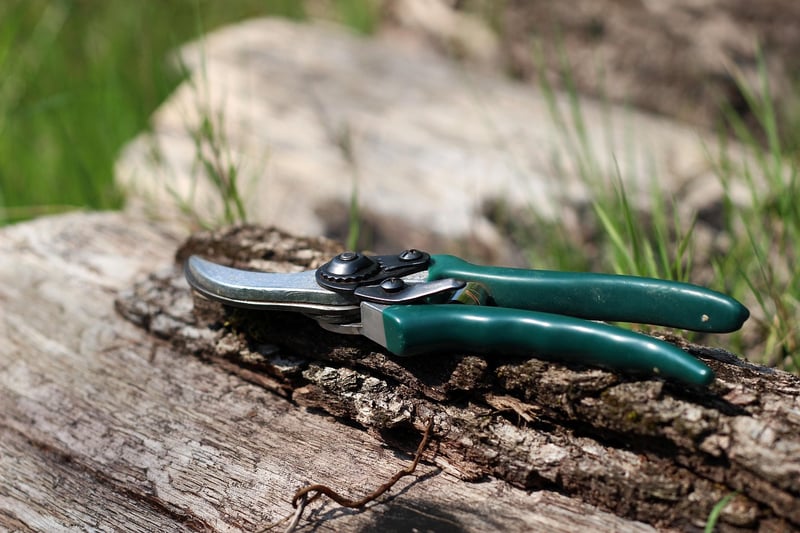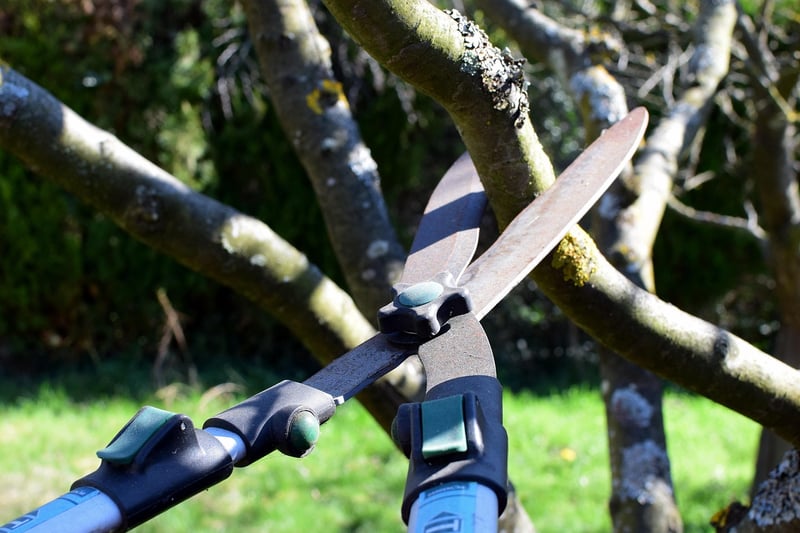Pruning Techniques
Guidance on Nurturing Plants + Pruning Techniques
Nurturing Plants
Properly nurturing plants is essential for their growth and health. Here are some tips to help you care for your plants:
1. Watering
Ensure your plants receive adequate water based on their specific needs. Overwatering or underwatering can harm your plants.
2. Light
Place your plants in locations where they can receive the right amount of sunlight. Different plants have different light requirements.
3. Soil
Use high-quality soil that is suitable for the type of plants you are growing. Good soil provides essential nutrients for plant growth.
4. Fertilizing
Feed your plants with appropriate fertilizer to promote healthy growth. Follow instructions on the fertilizer packaging for best results.
5. Pruning
Regularly prune your plants to remove dead or overgrown branches, which helps in maintaining plant shape and promotes new growth.
Pruning Techniques
Pruning is a crucial practice to keep your plants healthy and looking their best. Here are some pruning techniques to follow:
1. Tools
Use sharp and clean pruning shears to make precise cuts without damaging the plant. Disinfect your tools before and after use to prevent the spread of diseases.
2. Timing
Prune your plants during the appropriate time of year based on their blooming cycle. Some plants are best pruned in spring, while others benefit from pruning in fall.
3. Techniques
Remove dead or diseased branches first, followed by any crossing or rubbing branches. Cut at a 45-degree angle just above a bud to encourage healthy regrowth.
4. Shaping
Prune your plants to maintain their desired shape and size. Regular shaping promotes better air circulation and sunlight penetration within the plant.
By following these nurturing and pruning techniques, you can help your plants thrive and enhance the beauty of your garden.


